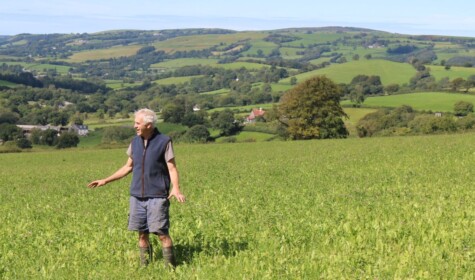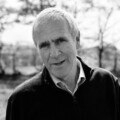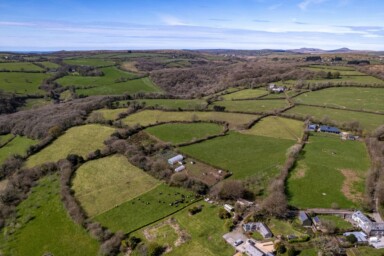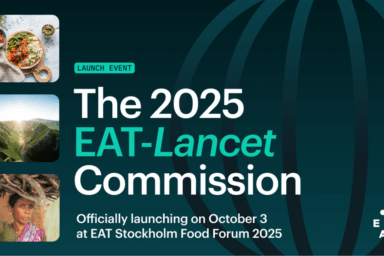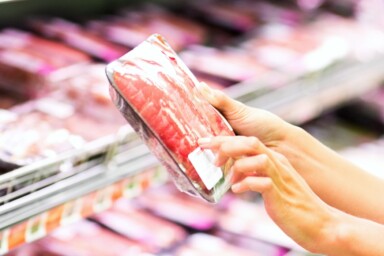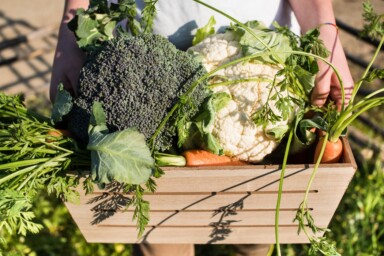Can we find the serenity to accept those things we cannot change, but at the same time, the courage to take action in the areas where we could make a difference?
Many of us, although certainly not all of us, have been upset by the news of the US election, and some by the recent UK Government budget.
Whatever our reaction, we clearly must accept what is, in connection with which, the serenity prayer comes to mind:
“O God, give me the grace to accept with serenity the things which cannot be changed, courage to change the things which should be changed, and the wisdom to distinguish the one from the other.”
In an Eastern version of this teaching, Vipassana meditation, the word “equanimous” is used, meaning, as I understand it, remaining impartial and accepting in front of us what is.
Viewing this ‘acceptance of what cannot be changed’ through the lens of sustainable agriculture, how might we come to see the results of the American election and the UK budget in a more positive light?
In the US, it is surely welcome news that Joel Salatin, one of the leading examples of truly sustainable agriculture and whose farm I have visited, has accepted an invitation to join the Trump administration’s agricultural advisory group. Joel has pioneered mob grazing and although like me, it’s only recently that he has been measuring the soil carbon outcomes, it’s obvious when you visit the farm that these practices are sequestering carbon at quite a scale.
Then there is Robert Kennedy Junior, who before the election did a piece to camera in front of the Department of Agriculture, telling everyone what he would do if Trump got in, which is more or less an ideal manifesto for all the things we at the Sustainable Food Trust believe in. Apparently, since the election, his anti-vax position has precipitated the White House team to distance themselves slightly from him, so he may not be as much of an influence as he was hoping, but it’s another example of how, in this strange world in which we live, even disturbing events can have unexpected positive consequences.
Whatever the outcome of this US saga, there have also been interesting developments on the UK front. Last week, I had the good fortune to have three short conversations, with the Chancellor Rachel Reeves, the Environment Secretary Steve Reid, and Ed Miliband, Secretary of State for Energy Security and Net Zero, at events in London.
“…every human being – whether a small farmer, Prime Minister or President of the US – is a representation in microcosm, both of the systemic order but also the disorder which comprises our universe and which is reflected everywhere in all aspects of life, including, paradoxically enough, the disharmony of our daily lives.”
I suggested to the Chancellor that carbon sequestration in soils could become a cost-effective part of the Government’s climate change strategy, but only if they harness the potential of farmers to be carbon stewards, firstly through measurement and then through payments linked to ELMs.
I pointed out to her that this was already being explored in Northern Ireland, where the Department of Agriculture has made receipt of post-Brexit subsidies conditional on farmers agreeing to measure soil carbon outcomes. She told me she would talk to Daniel Zeichner the agriculture minister as to how this might be taken forward.
Perhaps unsurprisingly, 92% of Northern Ireland’s farmers have signed up for the scheme, as a result of which they are collecting soil samples on every field of those farms, thus building up an accurate database which they can easily use to introduce incentives for farming systems which best build or retain soil carbon stocks.
When I mentioned this conversation to Steve Reid and Ed Miliband, they responded very positively, which is exciting, because if through measurement it becomes possible to demonstrate that the post-Brexit support scheme is delivering climate benefits, then that opens the pathway to unlocking a new income stream for farmers from the Treasury! It is important that such a framework of measurement should not be confined only to soil and climate, but also include impacts on natural capital and social outcomes.
In support of this, the Sustainable Food Trust has been working for over eight years on developing the Global Farm Metric, comprising a harmonised framework for measuring these impacts, which we hope will eventually represent a common language for assessing the sustainability outcomes of farms throughout the world.
The encouraging news is that more and more individuals and organisations are realising that this would be positive, including our own Government.
So, although it is challenging to be confronted by a rapidly changing political landscape, both nationally and globally, especially when as individuals we can feel overwhelmed by the scale of the need for change, it does seem to me that there is cause for optimism!
After all, every human being – whether a small farmer, Prime Minister or President – is a representation in microcosm, both of the systemic order but also the disorder which comprises our universe and which is reflected everywhere in all aspects of life, including, paradoxically enough, the disharmony of our daily lives.
To conclude with the insights from the prayer: can we find the serenity to accept those things we cannot change, and at the same time, have the courage to take action in the areas where we could make a difference? This is surely a daily challenge for us all.
Keep an eye open for Patrick’s next updates following his visit to Baku, Azerbaijan, for COP29, where he will be advocating for a more sustainable food and farming system.
